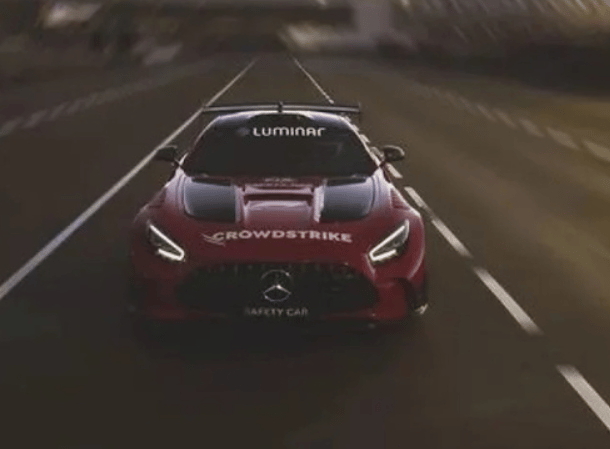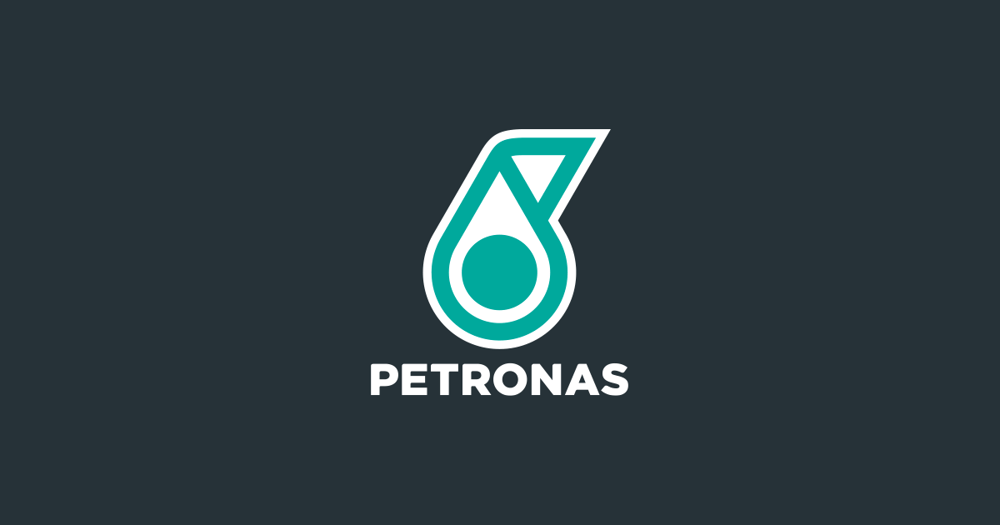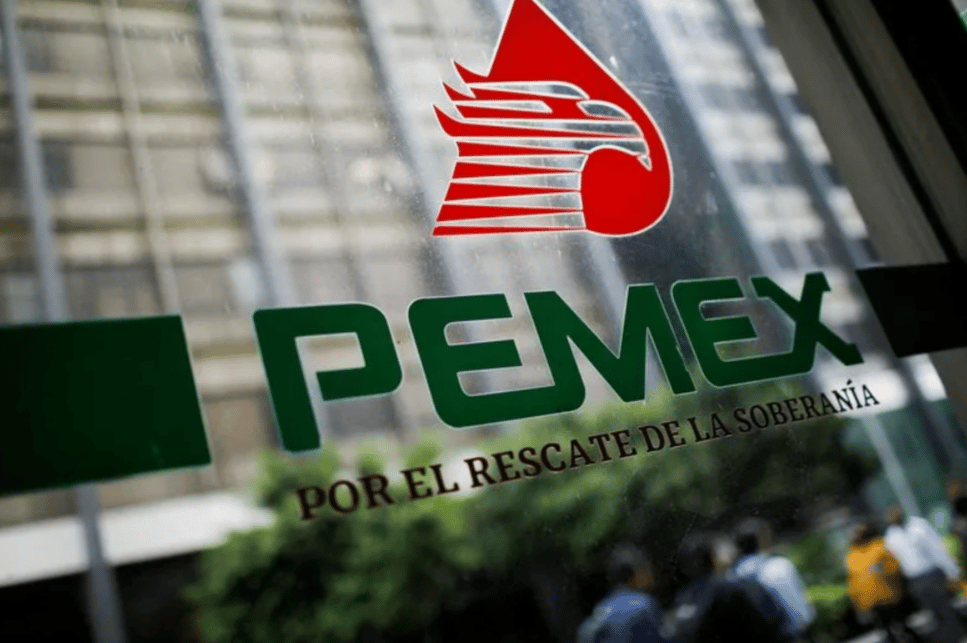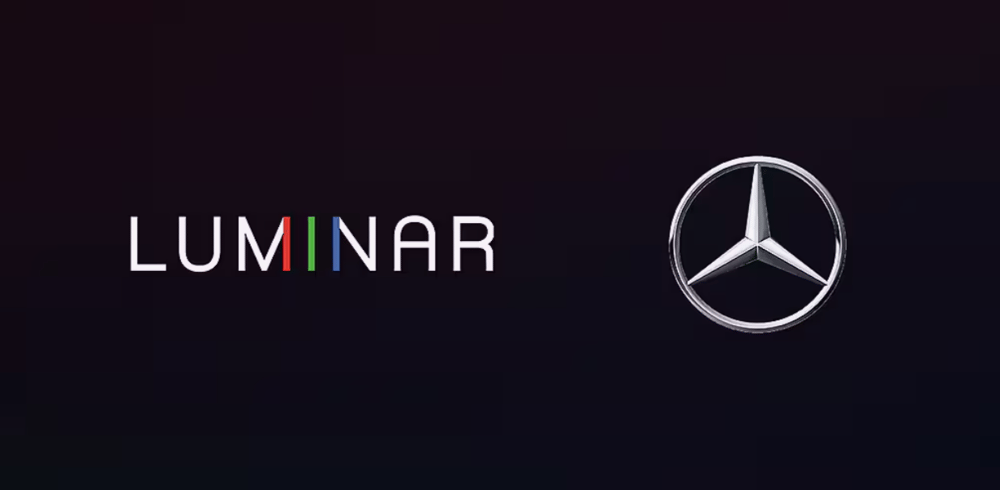In a strategic pivot aimed at advancing autonomous driving technology, Mercedes-Benz Group AG $MBG.DE has signed a new development and integration agreement with Luminar Technologies Inc. $LAZR, shifting away from existing sensor supply deals in favor of Luminar’s upcoming Halo lidar platform. This marks a critical milestone for both companies as they push the envelope in the race for safer, smarter autonomous mobility.
A Technological Upgrade in the Making
The latest collaboration replaces Mercedes-Benz’s previous commitment to Luminar’s current-generation lidar sensors with a forward-looking investment in Halo, a more compact, powerful lidar system. Luminar CEO Austin Russell confirmed the transition, noting that Mercedes is the first automaker to formally partner for the integration of the advanced sensor suite.
This move aligns with a broader automotive industry trend, where manufacturers are increasingly prioritizing next-generation sensor technology that can meet both performance and aesthetic demands. For Luminar, it represents a crucial validation of its development pipeline amid growing competition in the automotive lidar market.
Why This Shift Matters for the Industry
Strategic Bet on Compact Lidar Mercedes-Benz’s decision to bypass existing sensor models signals a growing industry preference for smaller, integrated components that seamlessly blend with vehicle design.
Redefining Safety Standards Halo’s long-range and high-resolution capabilities could dramatically improve object detection and hazard identification in autonomous systems.
Escalating the Arms Race in Autonomy With Tesla, Waymo, and others doubling down on vision and radar, lidar developers are under pressure to deliver products that balance cost, form factor, and performance.
Validation for Luminar’s R&D Focus The partnership reinforces investor confidence in Luminar’s long-term strategy of developing proprietary lidar hardware and software.
Positioning for Regulatory Shifts As global safety regulators increasingly endorse lidar-equipped vehicles for higher levels of autonomy, suppliers that meet automaker requirements may gain early mover advantages.

Innovations Accelerating the Shift to Safer Driving
Integration-ready architecture Halo is designed for streamlined manufacturing integration, critical for volume vehicle production.
Improved range and precision With a claimed range exceeding 250 meters, Halo enables more accurate path planning and obstacle detection at highway speeds.
Reduced power consumption The new lidar model offers higher efficiency, which is vital for electric vehicles aiming to optimize battery performance.
Enhanced compatibility with ADAS Halo is built to support a broader range of advanced driver-assistance features, improving real-world safety scenarios.
Scalable production potential Luminar’s manufacturing approach is geared toward automotive-grade volumes, positioning it well for full-scale deployment.
Strategic Outlook for Mercedes-Benz and Luminar
For Mercedes-Benz, the deal underscores its commitment to Level 3+ autonomy in luxury vehicles, with lidar forming a foundational element of its next-generation driving systems. The German automaker continues to emphasize safety and innovation as pillars of its long-term brand identity.
For Luminar Technologies, this is not only a commercial win but also a brand-strengthening moment. As lidar suppliers face pricing pressure and tech consolidation, Luminar’s focus on proprietary, vertically integrated solutions may prove increasingly valuable. The success of the Halo program will be closely watched by OEMs and capital markets alike.








Such pivotal transactions may set the stage for a new era of streamlined tech processes